Windows XP had things in order after the initial debacle with their first two service packs.
Things smoothed out Service Pack 3 onwards.
Everything went south with the release of Windows Vista.

Resource hogging, app incompatibility was the least of its problems.
Users on older builds can still find the SuperFetch option in their services app.
Table Of Contents
What is Superfetch?
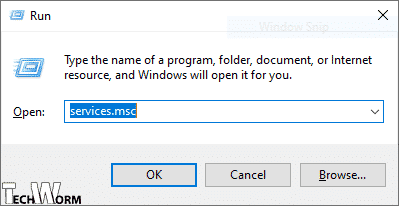
It is a successor to Microsoft XPs PreFetcher which had the same goal with one key difference.
First of all, SuperFetch emphasizes reducing boot-time and eventually enhancing the boot-up process.
Boot-up time is majorly dependent on the persistent interaction with Windows system files.
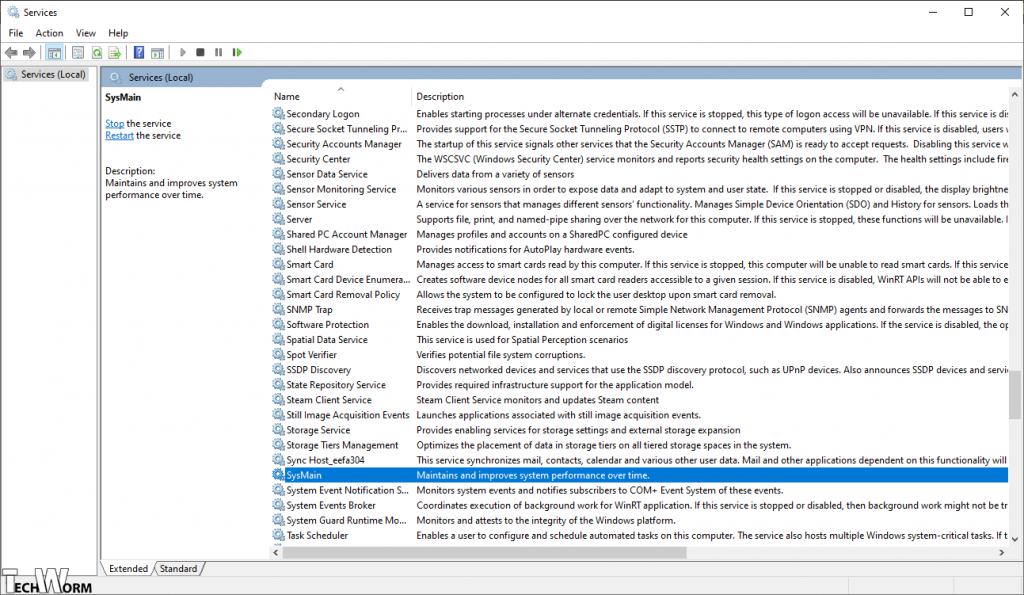
It performs the function once every three days.
The required file layout is stored by the program in /Windows/Prefetch/Layout.ini.
Secondly, it works on reducing the launch time of the applications.
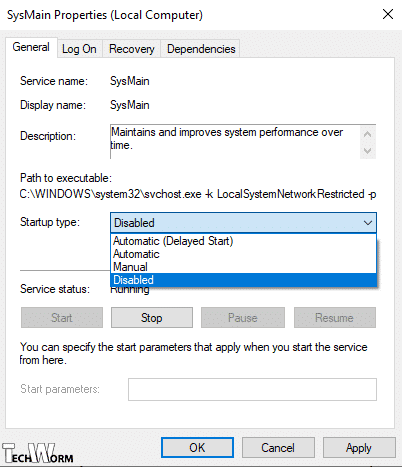
It adapts and pre-load those programs to increase app launch speed.
Do you need SuperFetch?
SuperFetch was launched, keeping in mind Vistas requirement for excessive RAM for operations.
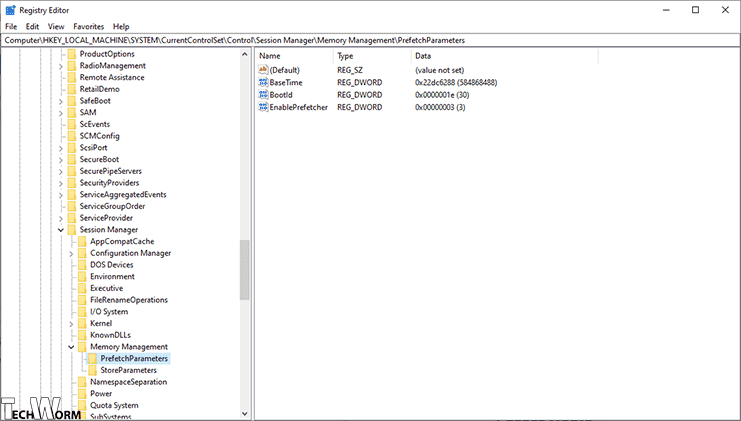
As a result, the next-generation of the caching mechanism was released.
It is meant for reducing resource load on average, medium power computers.
Im talking about PCs with 2 GB, perhaps even 1 GB of main memory.
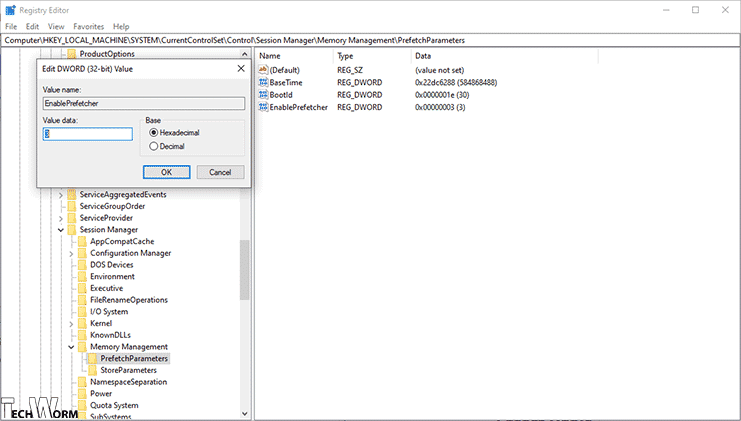
Folks atToms Hardware tested SuperFetchand had some impressive, positive results with low-end PCs with 2 GB of RAM.
Here is a check-list to consider to know if you need SuperFetch.
Is it safe to turn on/off SuperFetch
The answer to this lies with you.

Any unusual downgrade in performance would be the signal to disable SuperFetch for your box.
How to Disable SuperFetch?
Use it at your discretion.
There are two methods to disable SuperFetch(now SysMain.)
Save the backup in a secure location the storage with a proper name.
Now, you are ready for the steps.
Over to You
SuperFetch is a next-generation caching mechanism that here to stay for the foreseeable future.
Although it has been renamed to SysMain from build 1809 onward, the functionality is the same.
source: www.techworm.net